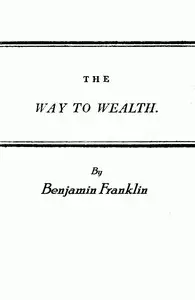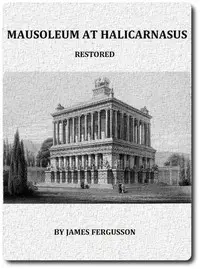"Oedipus King of Thebes" by Sophocles is a tragic play written in the 5th century BC. This classic piece of literature explores themes of fate, identity, and the pursuit of truth through the story of Oedipus, the King of Thebes, who encounters a troubling past intertwined with prophecies and dire consequences. The narrative involves a deep investigation into the murder of the former king Laïus and the subsequent plague afflicting Thebes, leading Oedipus on a quest filled with devastating revelations. At the start of the play, Thebes is in turmoil due to a devastating plague, prompting Oedipus to seek answers from the oracle at Delphi. He learns that the plague is tied to the unsolved murder of the previous king, Laïus, and commits to uncovering the truth. The opening scenes introduce a crowd of supplicants beseeching Oedipus for help, highlighting the king's initial nobility and determination. As he sends his brother-in-law Creon to consult the oracle and subsequently demands the truth about Laïus’ death, a sense of impending tragedy begins to build as Oedipus unwittingly edges closer to his own dark destiny. The first act sets up the tension between fate and free will that characterizes this profound tragedy. (This is an automatically generated summary.)

Oedipus King of Thebes Translated into English Rhyming Verse with Explanatory Notes
By Sophocles
"Oedipus King of Thebes" by Sophocles is a tragic play written in the 5th century BC. This classic piece of literature explores themes of fate, identi...
Sophocles was an ancient Greek tragedian, known as one of three from whom at least one play has survived in full. His first plays were written later than, or contemporary with, those of Aeschylus; and earlier than, or contemporary with, those of Euripides. Sophocles wrote more than 120 plays, but only seven have survived in a complete form: Ajax, Antigone, Women of Trachis, Oedipus Rex, Electra, Philoctetes, and Oedipus at Colonus. For almost fifty years, Sophocles was the most celebrated playwright in the dramatic competitions of the city-state of Athens which took place during the religious festivals of the Lenaea and the Dionysia. He competed in thirty competitions, won twenty-four, and was never judged lower than second place. Aeschylus won thirteen competitions, and was sometimes defeated by Sophocles; Euripides won four.
















